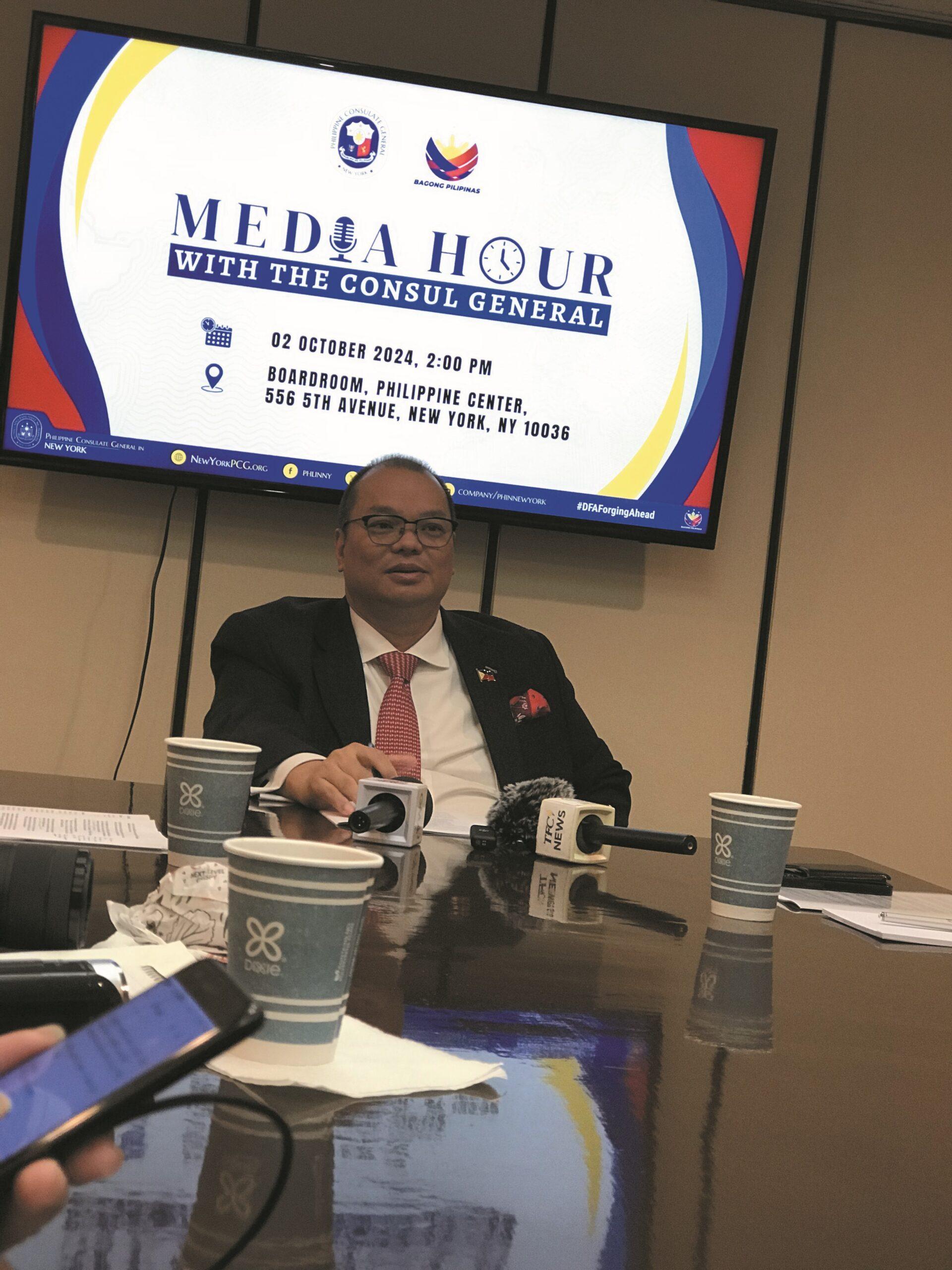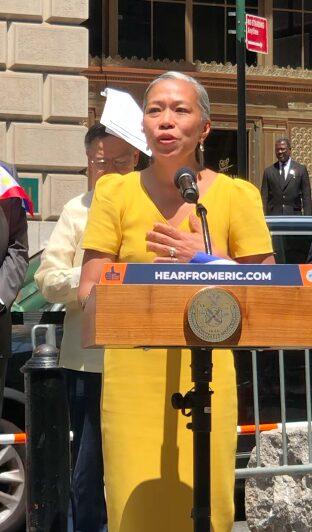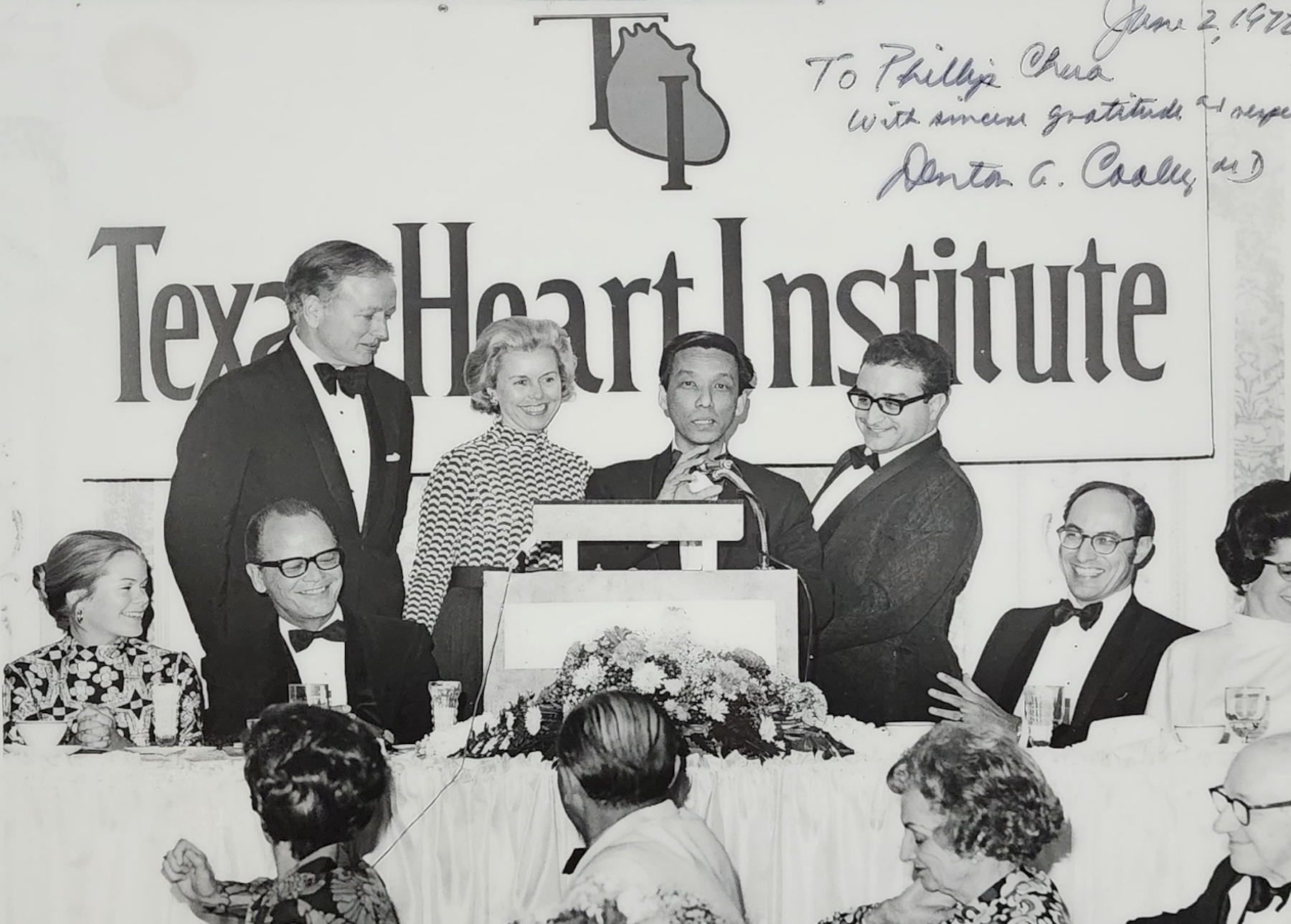This week, the U.S. Supreme Court heard arguments that could limit access to mifepristone, a popular and widely-used drug for medication abortion that is safe, effective and FDA-approved.
More than half of the abortions in the United States have relied on medication abortion as a safe and effective way to end a pregnancy. But what is it and how does it affect the Asian American and Pacific Islander (AAPI) community? While twenty-two million Asian Americans are living in this country – including 4.4 million Filipinos – there is almost little to no research that examines the reproductive health care needs of our communities.
In a first-ever study published by the National Asian Pacific American Women’s Forum (NAPAWF) on the experiences and knowledge of AAPI women with medication abortion, thirty-five percent had never heard of medication abortion and nearly half had no idea where to access medication abortion if they needed it. AAPIs also face language, cultural, immigration, and other related barriers to reproductive healthcare. For instance, many of the resources and information provided by clinics are not translated into Asian languages, alienating more than one-third of the AAPI community who have limited English proficiency.
With the future of mifepristone access hanging in the balance, I’ve found myself reflecting on my own reproductive health journey. I grew up in a tightly-knit Filipino home. And despite being raised by my mother and uncle who, like many Filipino immigrants, worked in the healthcare field, I rarely felt comfortable speaking up or asking questions about my own reproductive well-being and health.
This was reinforced by the Catholic school I attended as a child. In junior high, I still remember signing a pledge card to “never have sex” after being taught that abstinence was the only choice. Looking back, I’m certain that my cultural and religious upbringing impacted my ability as a young person to understand my own body.
It has taken me a long time to unlearn the shame and guilt that I was taught growing up – and truth be told it is a journey I continue to this day. As a community organizer at NAPAWF’s Florida chapter, I’ve helped to organize safe spaces for young people to have more open conversations about reproductive health care. Last year, we met with a group of students from the Florida Asian American Student Union (FAASU) to share the results of our medication abortion study and empower them to participate in an honest dialogue about their journey and experiences.
Moment by moment, this is how change happens. When larger systems and institutions fail to see or hear us, building a better and different future together is possible.
My relationship with my family continues to evolve. Even though as an adult, I still rarely talk openly about my sexual and reproductive health with my mom, I no longer want to keep secrets from her or my family. As a practicing Catholic, I also feel emboldened to become involved and support the work of Catholics for Choice, a national organization of Catholics that supports abortion access. I am proud to be part of a new generation of young people in our community who understand the value in not feeling ashamed to talk about what matters to us and our bodies.
We deserve more. And together we can overcome the deeply rooted cultural stigmas that have taught us to be silent about the decisions we make for our reproductive health and future.
# # #
Othelia Jumapao is a Florida Organizer at the National Asian Pacific American Women’s Forum (NAPAWF) who works to push political campaigns around civic engagement and abortion access. They are passionate about reclaiming their Southerner identity and carrying on the work of past Southern social justice activists. They also organize with Malaya Movement Florida for human rights and sovereignty for Filipinos and Filipino Americans in their free time.




